The Vandenberg Coalition
Who is Arthur Vandenberg?
The Vandenberg Coalition is named after the late Senator Arthur Vandenberg of Michigan. The Coalition embodies many aspects of Senator Vandenberg’s life and values, including a commitment to country over politics, an openness to new ideas, a spirit of bipartisan cooperation, and an unwavering dedication to advancing the national security interests of the American people.
Once upon a time we were a comfortably isolated land. Now we are unavoidably the leader and the reliance of freemen throughout this free world. We cannot escape from our prestige nor from its hazard.
Senator Arthur Vandenberg
Arthur H. Vandenberg was a Republican Senator from Michigan who served from 1928 until his death in 1951. Originally a staunch isolationist, Senator Vandenberg ultimately came to be one of the leading advocates for U.S. leadership after the Japanese attack on Pearl Harbor during World War II. He worked across party lines to protect U.S. national security interests and promote candid debate on foreign policy. In his term as Chairman of the Senate Foreign Relations Committee, Vandenberg was the chief legislative architect for the Truman Doctrine, the Marshall Plan, and NATO (having drafted the key Vandenberg Resolution that pre-dated its establishment), and participated in the creation of the United Nations.
As Hendrik Meijer, author of Arthur Vandenberg: The Man in the Middle of the American Century, put it: “Long after his last cigar, Arthur Vandenberg lingers vaguely in civic memory. His name offers an iconic shorthand for cooperation between the political parties. Particularly in foreign affairs, and particularly when there is divided government.”
Responding to a Changing World
In his biography Arthur Vandenberg: The Man in the Middle of the American Century, Hendrik Meijer describes Vandenberg’s recollection of what “the hero of his adolescence,” Theodore Roosevelt, once said, “that the United States had no choice but to play a great part in the world. The only choice was whether to play it well or badly.”
We cannot turn back the clock. We cannot sail by the old and easier charts. This has been determined for us by the march of events.
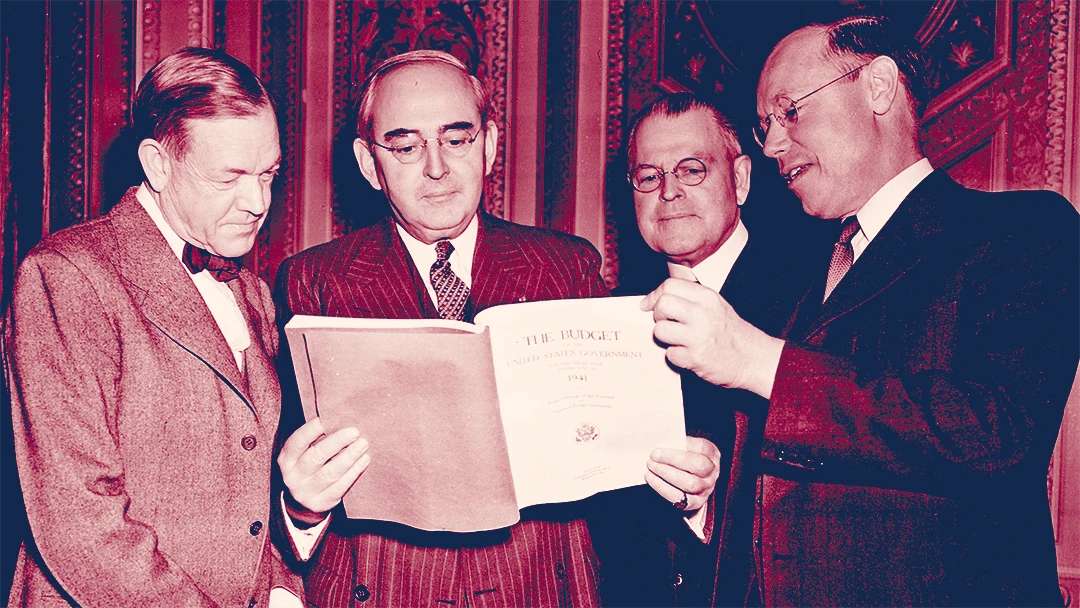
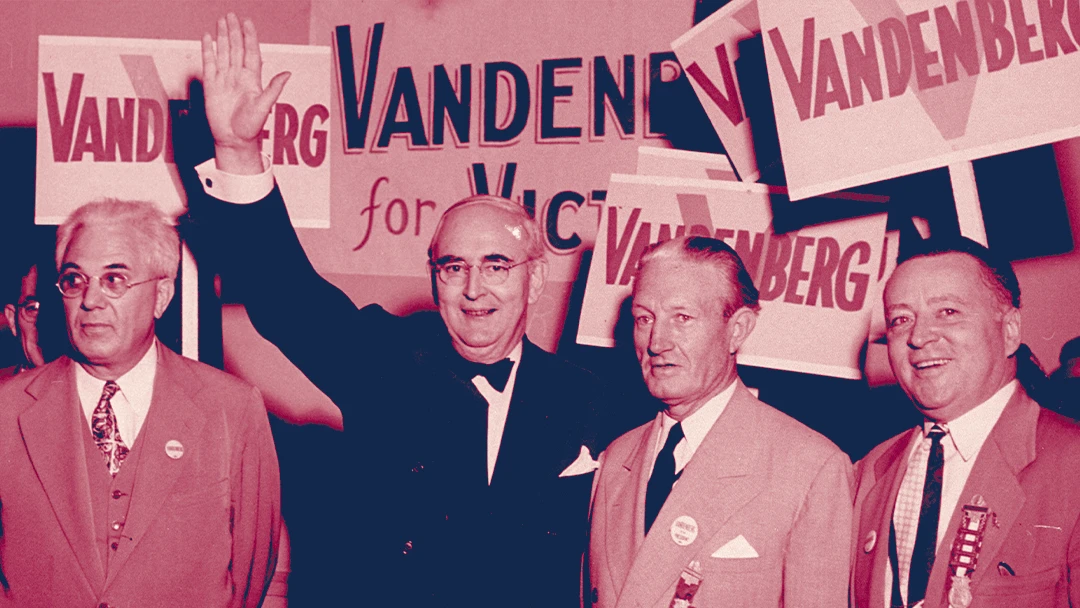
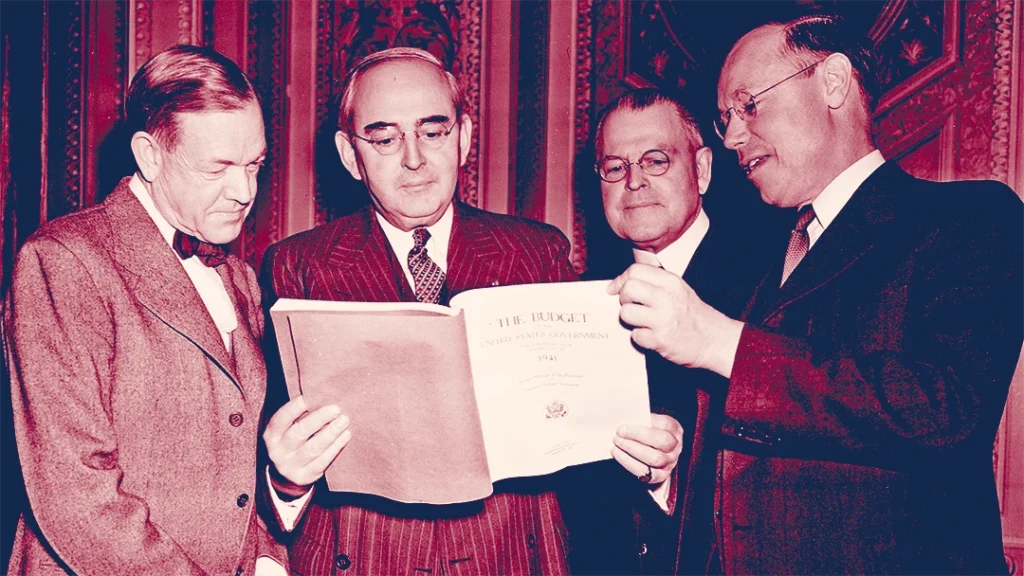
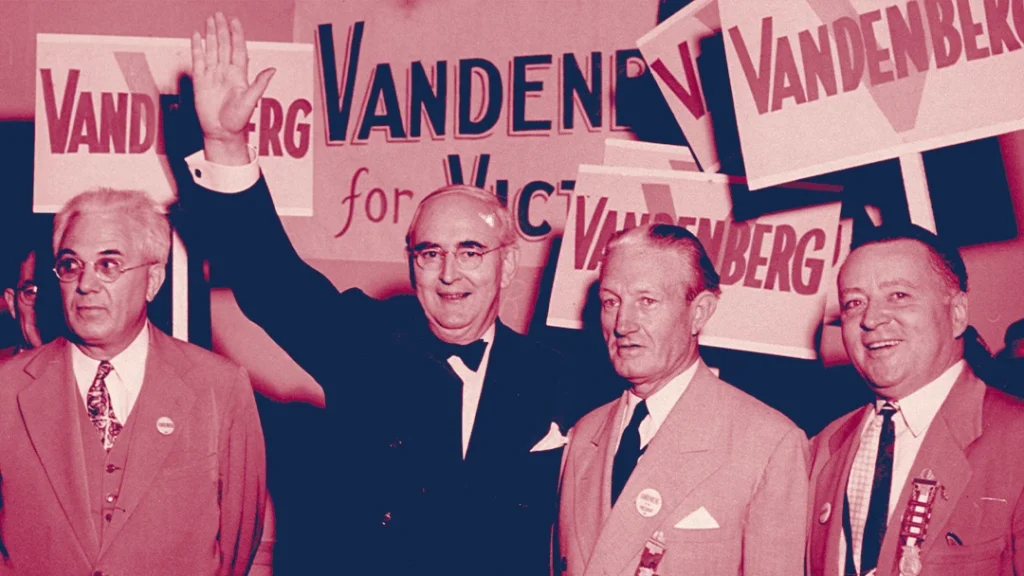
Isolationist Beginnings
Like many Republicans of his day, Vandenberg began as a committed isolationist, believing U.S. security relied on insulating ourselves from global competition and conflict.
Pearl Harbor and the “Speech Heard Around the World”
The attack on Pearl Harbor was a somber lesson for the Senator, leading him to declare, “Our oceans have ceased to be moats that automatically protect our ramparts.”
In 1945, before the fall of Nazi Germany, Vandenberg gave “the speech heard around the world,” signaling his conversion from isolationism to a clear-eyed foreign policy that favored America’s engagement and leadership beyond its borders.
Creating a Peaceful Post-War Era
Vandenberg ultimately came to argue that internationalism—what he called “enlightened self-interest”—was not only consistent with U.S. values, but also critical for U.S. interests and national security. His goal was to “help create the postwar world on a basis which shall stop aggressors for keeps and, so far as humanly possible, substitute justice for force among freemen.” For many years after the Second World War, thanks to his leadership, we followed this path.
Today, the forces aligned against the United States and democracy are once again powerful and dangerous. Our nation must call upon Senator Vandenberg’s patriotism and bipartisanship to defeat them.
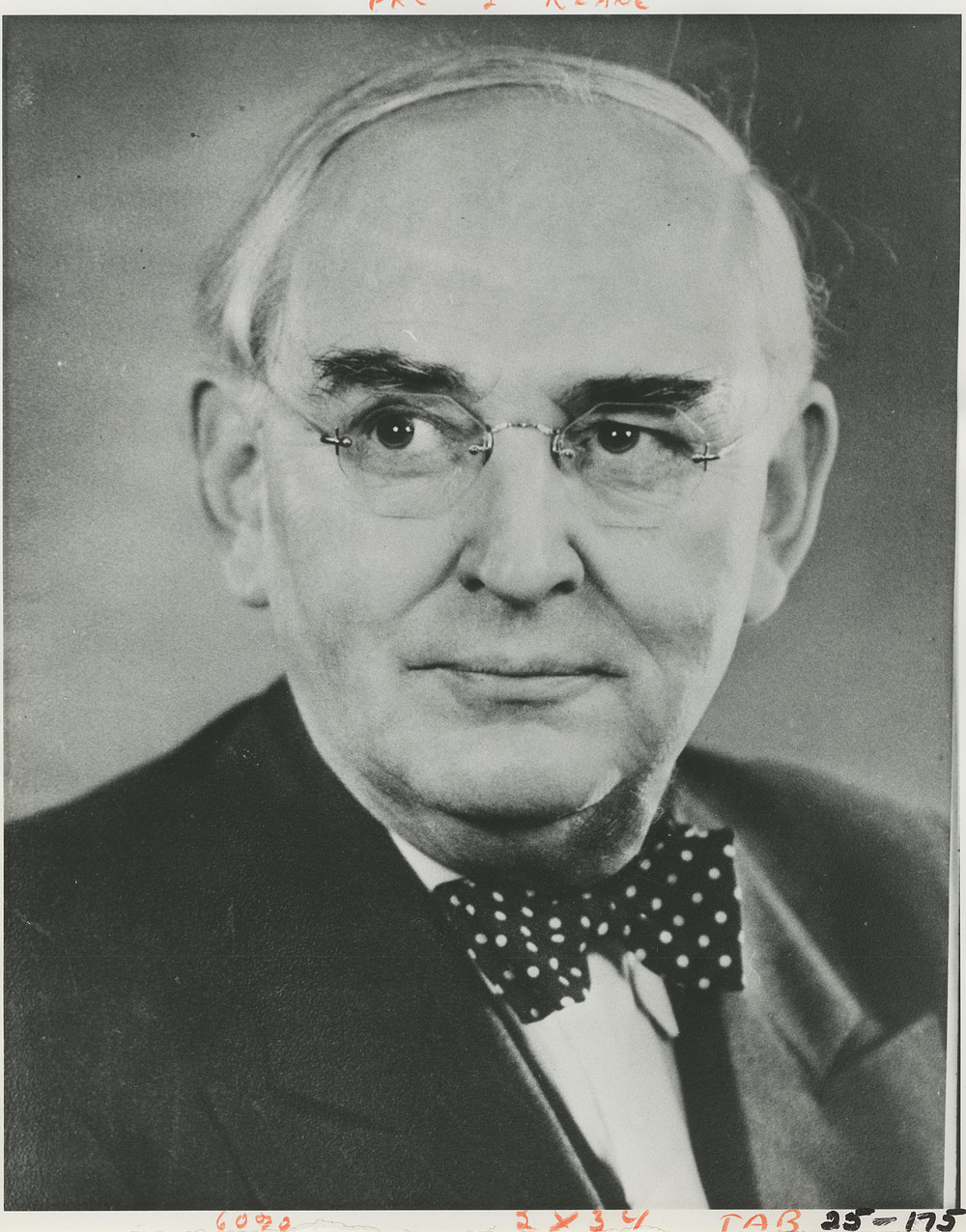
Vandenberg's Legacy
Arthur H. Vandenberg was a Republican Senator from Michigan who served from 1928 until his death in 1951. Originally a staunch isolationist, Senator Vandenberg ultimately came to be one of the leading advocates for U.S. leadership after the Japanese attack on Pearl Harbor during World War II. He worked across party lines to protect U.S. national security interests and promote candid debate on foreign policy. In his term as Chairman of the Senate Foreign Relations Committee, Vandenberg was the chief legislative architect for the Truman Doctrine, the Marshall Plan, and NATO (having drafted the key Vandenberg Resolution that pre-dated its establishment), and participated in the creation of the United Nations.
As Hendrik Meijer, author of Arthur Vandenberg: The Man in the Middle of the American Century, put it: “Long after his last cigar, Arthur Vandenberg lingers vaguely in civic memory. His name offers an iconic shorthand for cooperation between the political parties. Particularly in foreign affairs, and particularly when there is divided government.”
